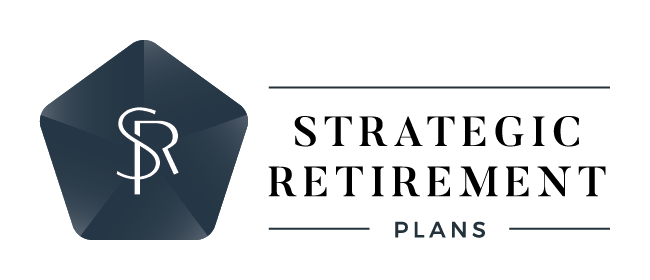Hiring a financial advisor might be similar to consulting with a lawyer or hiring a personal trainer if we were to compare to other industries. Every lawyer or personal trainer is going to have a different skillset, different education levels, differing experiences as well as unique approaches. It can be assumed that hiring one advisor may give you a varied opinion and experience as opposed to hiring another advisor down the street.
However, there is usually a pattern found within this diversity and many of the opinions would center in the middle with outliers as extremes on either end. This is often displayed graphically through a bell-shaped curve. Normal distribution of approach and opinions of financial planners would also follow a bell-shaped curve. Based on typical understanding of bell curves, you’d assume to find 2/3 of advisors falling into the middle of that bell curve while the other 1/3 of advisors would fall to the extremes.
It’s been found that even if an average client were to hire an average advisor from the middle of the curve, they still obtain considerable value. What are the factors that are important in determining how much value will be gained with hiring an advisor?
Important Factors to Consider when Hiring an Advisor
If we assume that 2/3 of advisors out there are in the middle of bell curve and will be of considerable value, we can also assume that there are a few who are terrible and a few who are really great. What factors determine where an advisor would fall on that bell curve? It’s probably a combination of knowledge, experience, people skills, empathy, and compatibility.
Those factors are about the advisor themselves, but there are other factors equally important to consider.
There are brokerages, insurance agents, banks, mutual funds, accountants, and independent advisory firms. These all have people that would love to help you manage your finances. However, there is not a lot of uniformity in products or services offered. Fee structures can range from reasonable to outrageous (probably on that same bell curve).
Across advisors and brokers, the fee system is almost random; dictated by who they ask and the provider channel. There is a retail/wholesale structure that operates in layers of commissions, transaction fees, and product expenses. Often, smaller purchases impose higher costs, while larger buyers can enjoy substantial discounts.
Formulating questions in regards to the services rendered and the fee structures would help to determine whether or not hiring an advisor is worth it. Does the value of professional exceed the cost for most people? Sometimes products impose rigid and costly fees; if annual expenses on a mutual fund or unit trust is high, that works against value an advisor might bring. If products impose high sales commissions, too, it is going to be hard to overcome that hurdle.
5 Areas Where Advisors Add Specific Value
Once you’ve considered the personal factors of an advisor and then researched their services and fee structures, it may be helpful to know the services that have been found to bring the most value determined by a study. This study by the Russell Investments organization entitled 2021 Value of an Advisor Study affirmed the ongoing value of a quality advisor. This study (part of an annual series) noted the value of an advisor at 4.83% each year. Five areas were determined where advisors add specific value:
- Selecting investments (0.62%)
- Financial planning (0.82%)
- Tax planning (1.2%)
- Portfolio rebalancing (0.17%)
- Helping clients avoid behavioral mistakes (2.02%)
The Answer is “Yes”: Most People get Good Value from Most Advisors
Putting all of these considerations together, assuming you’ve done due diligence to find even a mediocre advisor in the middle of the bell curve…it’s safe to say that the normal fee from the normal advisor is likely a pretty good value for the typical client. Clients are decently served if they avoid the worst fees from the worst advisors.
Whether that value amount is one, two, or three percent each year, the cumulative value over time is considerable. Wouldn’t doing this yourself save the fees? It saves paying the fees to an advisor, but going it alone likely costs the typical person 2-3% annually as well as a whole lot of time.
Should you hire an advisor? Interview. Get second opinions. Ask a lot of questions. Ask for referrals. Find the 5/6 of the bell curve advisors, the ones who are good or excellent at their jobs, and it’s highly likely the value you obtain is worth the investment.


